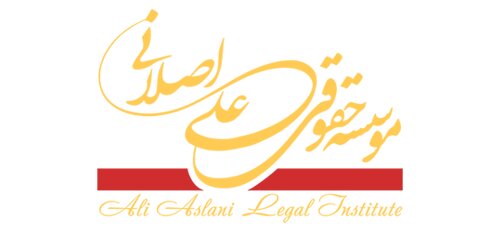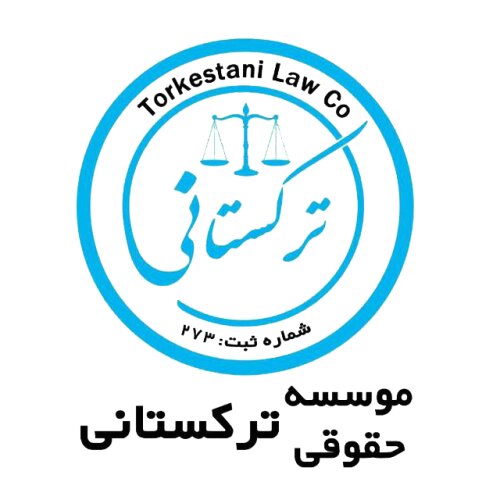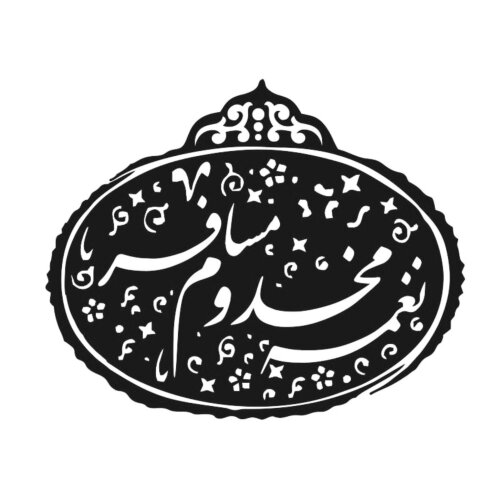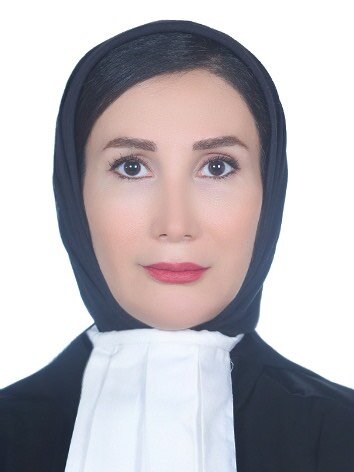Best Child Custody Lawyers in Tehran
Share your needs with us, get contacted by law firms.
Free. Takes 2 min.
Free Guide to Hiring a Family Lawyer
List of the best lawyers in Tehran, Iran
About Child Custody Law in Tehran, Iran
Child custody laws in Tehran, Iran, are primarily governed by Islamic law (Sharia) as well as statutory law under the Iranian Civil Code and other related regulations. The primary focus of these laws is on ensuring the welfare and best interest of the child. Typically, the mother is granted custody of children under the age of seven, while the father is often awarded custody for older children. Nevertheless, the ultimate decision regarding custody is made by the courts, which strive to act in the best interests of the child, taking into consideration multiple factors including each parent’s ability to care for the child and the child's needs.
Why You May Need a Lawyer
Seeking legal advice in the realm of child custody is crucial for navigating the complex legalities and ensuring the protection of your rights and your child's welfare. Common situations where legal assistance may be necessary include:
- Disputes over the child's primary residence or visitation rights.
- International custody disputes or concerns, such as relocating the child outside of Iran.
- Cases involving abuse or neglect where the child's safety is in question.
- Modifications to existing custody agreements due to changes in circumstances.
Having a lawyer helps in providing clear guidance on legal rights, negotiating agreements, and representing interests in court proceedings.
Local Laws Overview
Child custody laws in Tehran are deeply influenced by both civil code and religious principles. Some key aspects of these laws include:
- The concept of guardianship (wilayah) and the emphasis on the father’s role as the legal guardian despite the mother’s right to custody.
- Custody (hidhanat) rights are typically granted to the mother until the child reaches the age of seven, at which point the father may seek custody.
- The determination of custody takes into account the moral character of the parents, their ability to raise the child, and the existing relationship between parent and child.
- When disputes arise, the resolution is usually sought through family courts, where decisions are made on a case-by-case basis.
Frequently Asked Questions
What factors do courts consider when deciding child custody in Tehran?
Court decisions on child custody take into account factors such as the financial stability of parents, living conditions, the child’s health and safety, the parent’s moral character, and existing relationships with the child.
Can a custodial arrangement be changed after a court decision?
Yes, custody arrangements can be modified if there are significant changes in circumstances that impact the child’s welfare, such as changes in parental health, relocation, or if new evidence of neglect or abuse comes to light.
Can I travel abroad with my child if I have custody?
Traveling abroad with a child typically requires permission from the child’s legal guardian, usually the father, as well as from relevant Iranian authorities. Failing to secure appropriate consent may result in legal complications.
What should I do if I suspect my child is being neglected by the other parent?
If you suspect your child is being neglected, it’s essential to gather evidence and contact a lawyer to consider applying for a change in custody or visitation rights through the court system.
Do grandparents have any custody rights in Iran?
Grandparents generally do not have legal custody rights; however, in some exceptional cases, they may be considered if both parents are deemed unfit or unable to take care of the child.
How does remarriage of a parent affect custody in Iran?
Remarriage might affect custody arrangements, especially if it impacts the living environment or the parent’s ability to provide care. Courts evaluate the effect of remarriage on the child's welfare when making custody decisions.
Is mediation available for resolving custody disputes?
Mediation is an option for resolving child custody disputes amicably without going to court. It involves a neutral third-party mediator to facilitate negotiations between conflicting parties.
What legal documents are necessary for pursuing a custody case?
Commonly required documents include proof of identity, evidence of financial status, prior custody agreements, and documentation supporting claims of guardianship or parental fitness.
How long does it take to resolve a custody case in Tehran?
The duration of a custody case can vary widely depending on its complexity, the caseload of the court, and the cooperation between involved parties. Some cases can take several months to resolve.
What role do social services play in custody cases in Tehran?
Social services may be involved to assess home environments, provide reports on child welfare, and aid in investigations if there are allegations of neglect or abuse.
Additional Resources
For further assistance, you may consider contacting the following resources:
- Iranian Family Court: Official body handling family and custody legal matters.
- Local Legal Aid Organizations: These provide free or low-cost legal assistance to eligible individuals in need of representation.
- Iranian Ministry of Justice: Offers resources and guidance on legal processes and rights concerning family law.
Next Steps
If you believe you require legal assistance in a child custody matter, it is crucial to take the following steps:
- Consult with a Legal Expert: Seek out a lawyer who specializes in family and custody law to understand your rights and options.
- Prepare Documentation: Gather essential documents, including evidence of your financial status, the child’s birth certificate, and any relevant agreements or court documents.
- Engage in Mediation: Consider mediation as an initial step to amicably resolve disputes before approaching the court.
- File Necessary Applications: Work with your lawyer to prepare and file any necessary legal requests or modifications to existing arrangements.
By thoroughly understanding the legal landscape and securing experienced legal counsel, you can better navigate the complexities of child custody cases in Tehran.
Lawzana helps you find the best lawyers and law firms in Tehran through a curated and pre-screened list of qualified legal professionals. Our platform offers rankings and detailed profiles of attorneys and law firms, allowing you to compare based on practice areas, including Child Custody, experience, and client feedback.
Each profile includes a description of the firm's areas of practice, client reviews, team members and partners, year of establishment, spoken languages, office locations, contact information, social media presence, and any published articles or resources. Most firms on our platform speak English and are experienced in both local and international legal matters.
Get a quote from top-rated law firms in Tehran, Iran — quickly, securely, and without unnecessary hassle.
Disclaimer:
The information provided on this page is for general informational purposes only and does not constitute legal advice. While we strive to ensure the accuracy and relevance of the content, legal information may change over time, and interpretations of the law can vary. You should always consult with a qualified legal professional for advice specific to your situation.
We disclaim all liability for actions taken or not taken based on the content of this page. If you believe any information is incorrect or outdated, please contact us, and we will review and update it where appropriate.

















